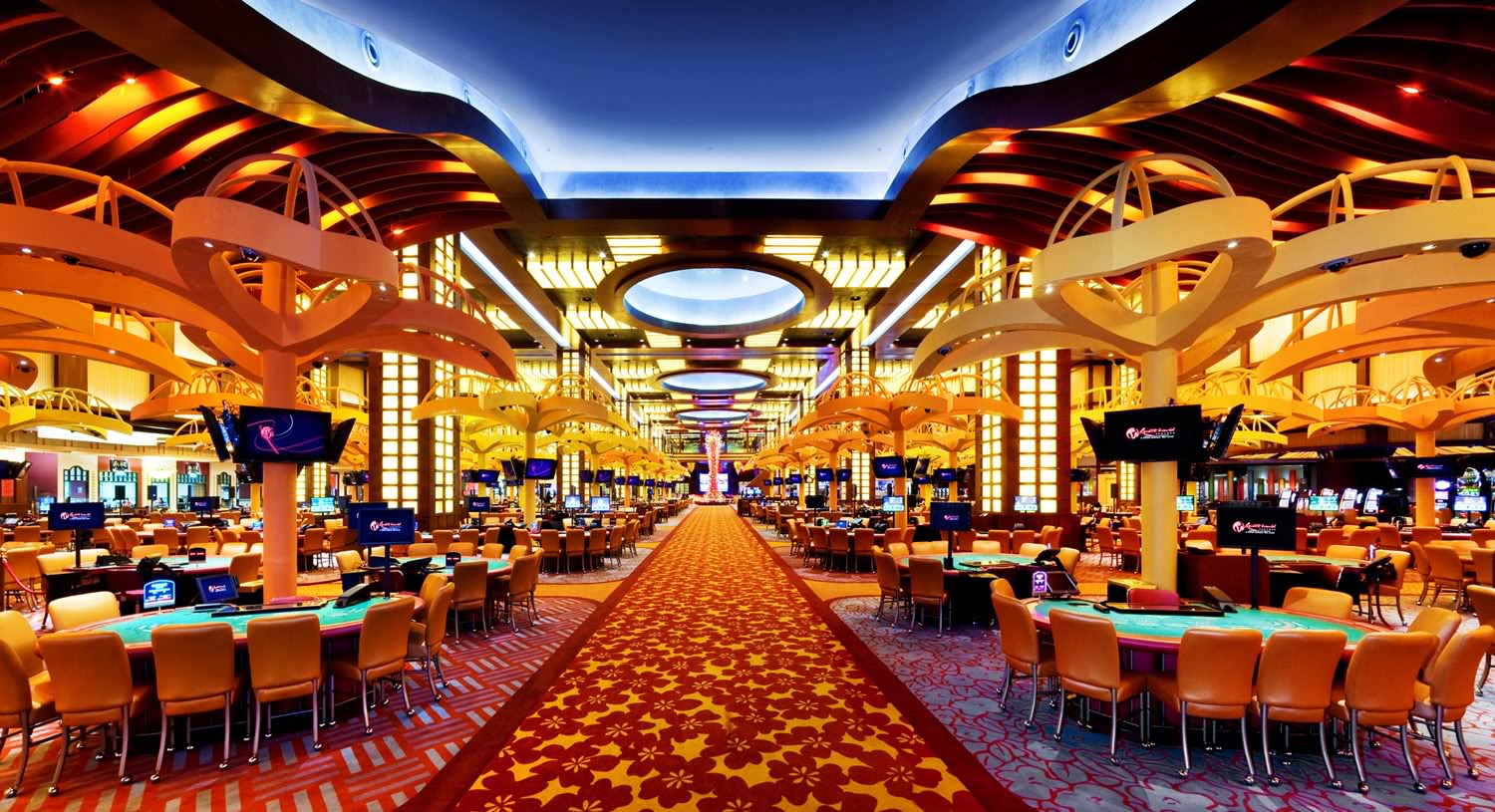Analyzing the Morality of Gaming Casinos
- reeljackpotpro.com
- 0
- Posted on

Casino gaming has long been a topic of interest and debate, attracting millions of players around the world. With a blend of luck, strategy, and the thrill of uncertainty, casino games offer an exciting escape from everyday life. However, as entertainment becomes ever more available, it invites a more thorough examination of the ethical implications surrounding these games.
At the heart of the discussion lies the issue of whether casinos promote responsible gaming or exploit vulnerable individuals. The appeal of potential winnings versus the truth of losses can create a complex dynamic, and understanding this balance is essential for both players and operators. kèo nhà cái As we delve into the morals of casino gaming, we will explore the duties of casinos, the impact on society, and the steps that can be taken to foster a healthier gaming environment.
The Impact of Casino Gaming on Society
Casino gaming has a significant influence on society, affecting not only the economy but also social behaviors and community structures. The funds generated from casinos can lead to employment opportunities and boost local economies, as they provide multiple employment opportunities in multiple fields including food and beverage, entertainment, and shopping. However, while the financial benefits can be substantial, communities often struggle with the possible negative impacts that arise from higher gambling activity.
Moreover, the presence of casinos can lead to an increase in gambling addiction, presenting serious challenges for players and families. The excitement of casino games can quickly evolve into a habitual habit, affecting connections with others and leading to monetary issues. Many players may find it difficult with the loss of control over their gambling behaviors, resulting in a need for assistance programs and help to address this increasing issue. The social cost of gambling addiction can extend through kinships and neighborhoods, creating an urgent need for responsible gaming initiatives.
In addition to the economic and social consequences, casino gaming often showcases cultural attitudes towards uncertainty and entertainment. It can foster a sense of joy and leisure, attracting visitors and boosting local travel. However, this allure may also conceal the wider implications of gambling as a form of entertainment, provoking ethical questions about its advertisement and availability. As communities weigh the benefits and drawbacks of casino gaming, the need for sensible approaches and oversight becomes increasingly critical in ensuring that the positive aspects are enhanced while minimizing the potential harms.
Ethical Issues in Betting Activities
The ethics of gambling operations often revolve around the risk for dependency and its effects on individuals and families. Gambling can lead to serious monetary distress, impacting not only the betters but also their loved ones. As people become caught in the appeal of winning, many lose sight of their financial limits, which can result in catastrophic outcomes such as bankruptcy. This poses moral questions about the duty of gambling establishments in promoting safe gaming habits and offering support for those who may be struggling with gambling addiction.
Another critical concern is the advertising of betting to vulnerable groups. Casinos often target low-income individuals or neighborhoods with the offer of quick gains, which can continue cycles of poverty and hopelessness. In this context, the ethics of marketing strategies used by casinos come under examination, as they may exploit the desperation of people seeking an escape from economic troubles. This exploitation raises moral questions about the honesty of the gambling industry and its responsibility to safeguard its most vulnerable patrons.
Additionally, the effect of gambling gaming on the community as a whole cannot be overlooked. While some argue that gambling establishments create jobs and stimulate local economies, others point to the community costs associated with dysfunctional betting, increased crime rates, and a burden on public services. Balancing economic benefits with the potential for community issues presents a challenging ethical dilemma for lawmakers and casino operators alike. The challenge lies in discovering a ethical approach that prioritizes the welfare of individuals and communities while still allowing for the enjoyment of casino activities.
Oversight Framework and Responsibilities
The regulatory structure related to casino operations is designed to ensure justice, integrity, and gambler protection. Various government entities and gaming commissions create and enforce regulations that dictate how gambling games work, the criteria for game design, and the processes for managing winnings. These regulations vary by region but typically involve permit requirements for providers and strict measures to avoid cheating and fraud.
In addition to governing bodies, gambling businesses bear significant duty in preserving moral standards within their facilities. They must adopt responsible gambling practices that promote participant protection and awareness, including providing self-ban options and sharing information about the risks associated with gambling. Establishments are also responsible for instructing workers to recognize signs of problem betting and understand the correct actions to help customers in distress.
Additionally, transparency in gaming operations is vital for building and preserving public faith. Casinos should offer clear details about the probabilities of activities, promotional offers, and any associated dangers. By creating an culture of transparency and trust, operators can help reduce the possible harmful impact of gambling while enhancing the overall betting experience for all players.
